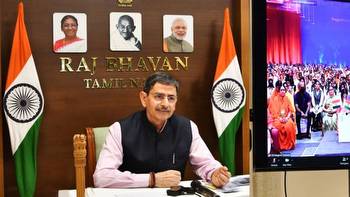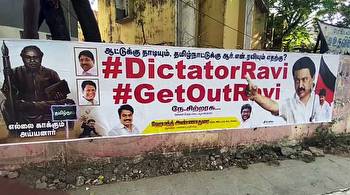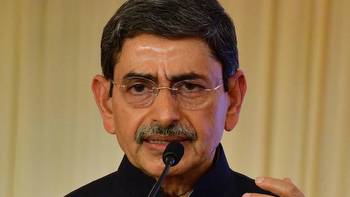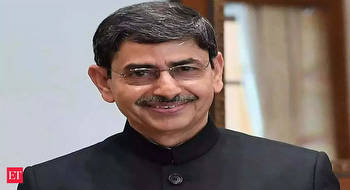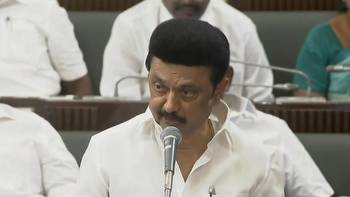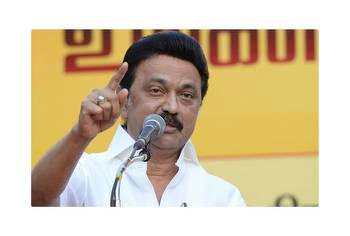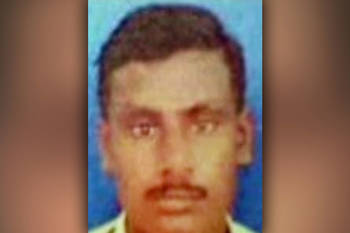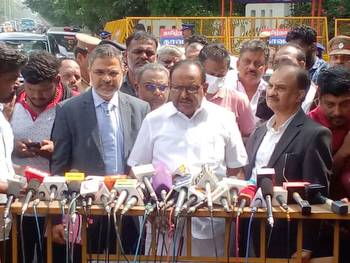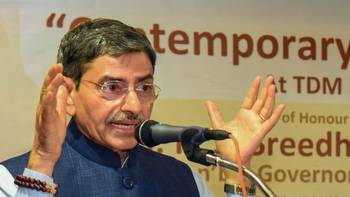Tamil Nadu Governor signed online gambling bill only after resolution: DMK

Two days after the Tamil Nadu Assembly passed a resolution seeking a timeframe for Governors to give their assent to legislations, the Dravida Munnetra Kazhagam (DMK) on Wednesday said all states in the country should demand a Constitutional amendment to revoke powers vested with the Raj Bhavan to sign bills passed by elected representatives.
The ruling party in Tamil Nadu also claimed that Governor R N Ravi gave his assent to the bill banning online gambling and regulating online games within two hours of the Assembly resolution, during which Chief Minister M K Stalin asked him to engage with the government rather than debating administrative procedures in public.
However, the governor is believed to have given his assent on April 7, three days before the resolution was passed in the Assembly on April 10.
In a hard-hitting editorial in Murasoli, the party’s mouthpiece, the DMK also accused the BJP of following the British rule’s policy of using Governors to “suppress” state governments and said there should be an end to this. The DMK government moved the resolution urging the Centre and the President to ask the governor to assent to the Bills passed by this Assembly within a specific period following a delay in approval to over a dozen bills, including the one on online gambling.
Attacking the governor for trying to reason that the DMK’s attack on him over the delay in assenting to the bill was “political”, the editorial said the issue was between the Tamil Nadu Government and the Raj Bhavan and not between the DMK and the BJP.
“We only criticised the unilateral and mysterious stands of the governor in public. The governor evaded reply to questions on his meeting with executives from the online gaming federation. He should have answered this question in his ‘regular classes’ but didn’t. This is the problem and not different parties ruling in the state and at the Centre,” the editorial added.
Referring to Stalin’s speech, the DMK said it doesn’t bode well for a democracy that the power of signing a bill passed by the legislatures into law is vested with governors. “The Chief Minister said we should begin efforts to push for a Constitutional amendment to revoke powers vested with an “appointed governor” to approve bills passed by the Assembly consisting of elected representatives. This should be the demand of all states in India today,” the editorial said.
Contending that Article 200 of the Constitution says withholding the bill is just temporary and not permanent, the DMK accused the governor of “trying to kill” a bill by thinking that it was his absolute right to keep a legislation in abeyance using a provision that is intended to provide time for him to seek clarifications from the government.
“The Constitution has said the governor can return a bill if he is not satisfied with it as early as possible to the Assembly. The framers of the Constitution would not have thought that people like R N Ravi would become governors in the future,” the editorial added.








